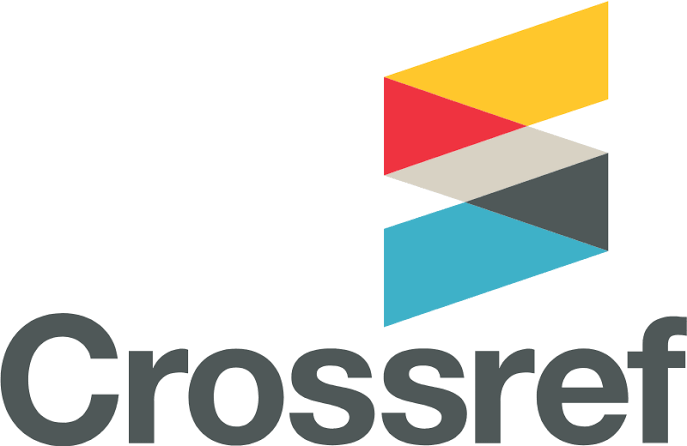DIGITALIZATION OF TERTIARY EDUCATION IN NIGERIA: BENEFITS, PROBLEMS AND SOLUTION
DOI:
https://doi.org/10.59795/m.v2i3.192Abstract
The digitalization of tertiary education in Nigeria is transforming how teaching, learning, research, and administration are conducted across universities, polytechnics, and colleges of education. This chapter explores what digitalization entails—the integration of ICT tools into pedagogy, student support, assessment, and institutional management—and its benefits such as broadened access, flexible learning schedules, richer pedagogical innovation, improved administrative efficiency, and better research collaboration (Ajayi, 2021; NITDA, 2021). It also evaluates the challenges that hamper implementation: limited infrastructure (unstable power supply, poor internet connectivity), high costs of hardware and software, resistance to change from lecturers and administrators, lack of digital skills among faculty and students, and concerns with data security (Jegede & Abashi, 2019; Olatunde-Aiyedun, Eyiolorunse-Aiyedun & Ogunode, 2021). Drawing on Nigerian case studies and international examples, the chapter proposes sustainable strategies: invest in infrastructural development; provide continuous ICT training; adopt blended learning and open educational resources; establish policy frameworks that support accessibility and affordability; collaborate with the private sector; and ensure strong cybersecurity and support for learners with disabilities. If well managed, digitalization promises to enhance the quality, relevance, and global competitiveness of Nigerian tertiary education, making it more resilient, inclusive, and future-oriented.
Downloads
Published
How to Cite
Issue
Section
License
Copyright (c) 2025 Multi-Disciplinary Research and Development Journals Int'l

This work is licensed under a Creative Commons Attribution-NonCommercial-NoDerivatives 4.0 International License.












